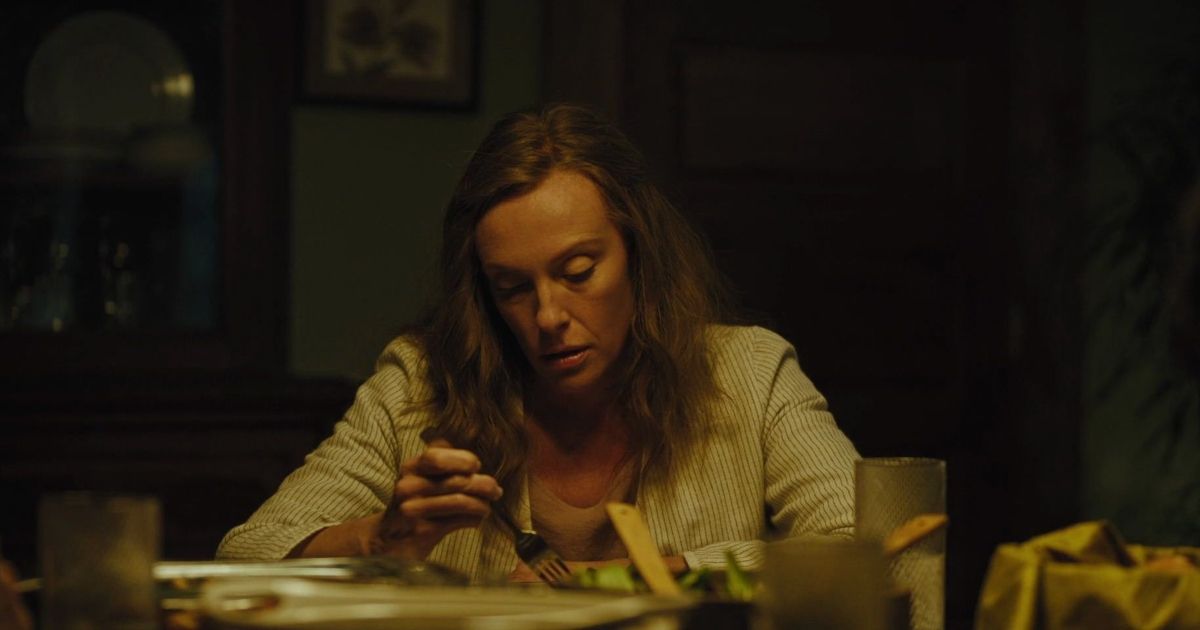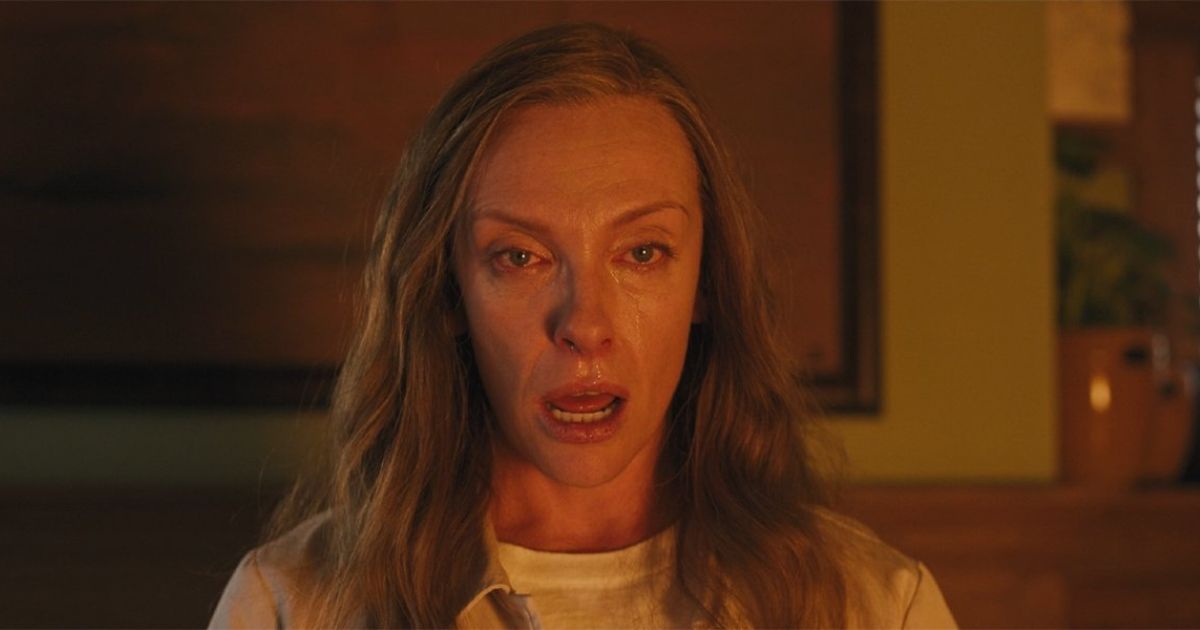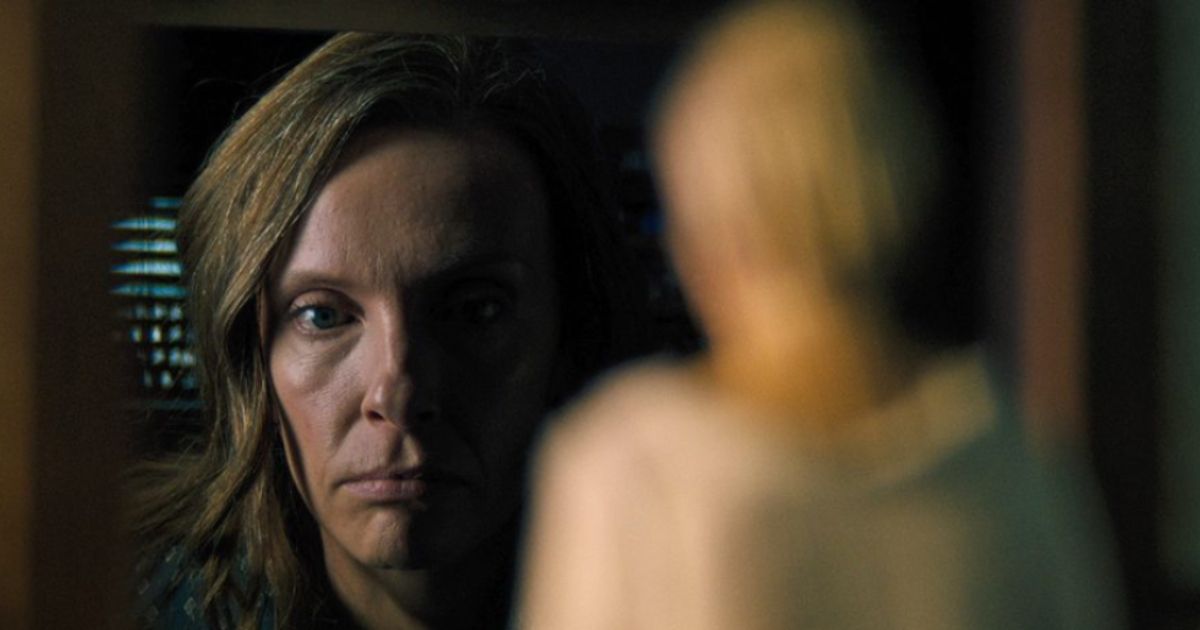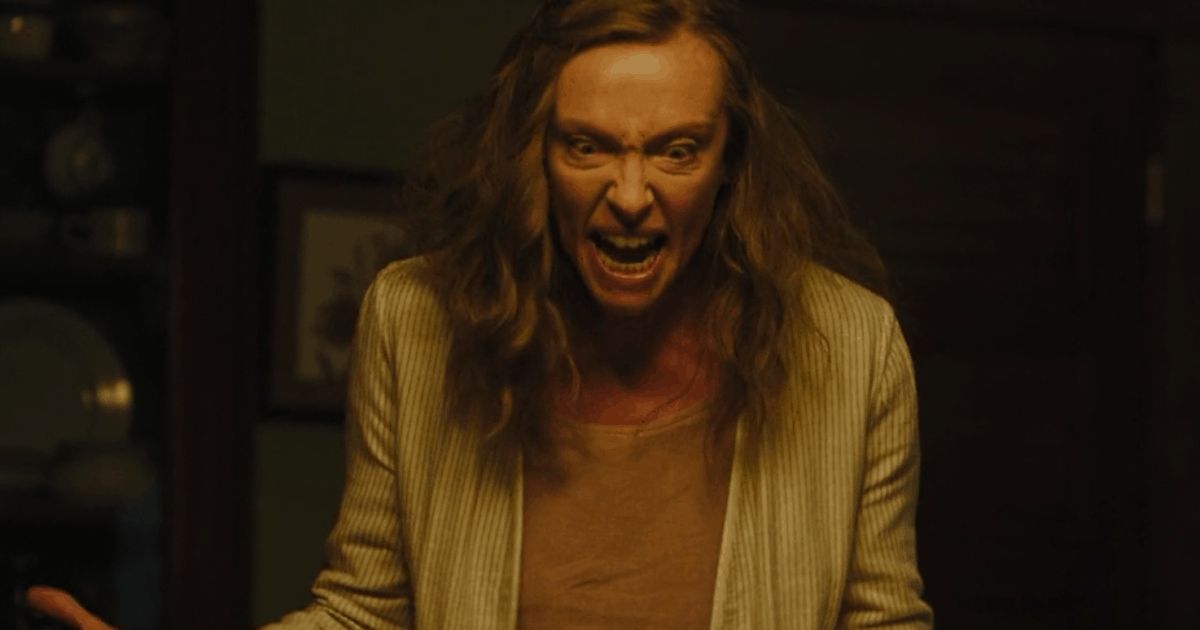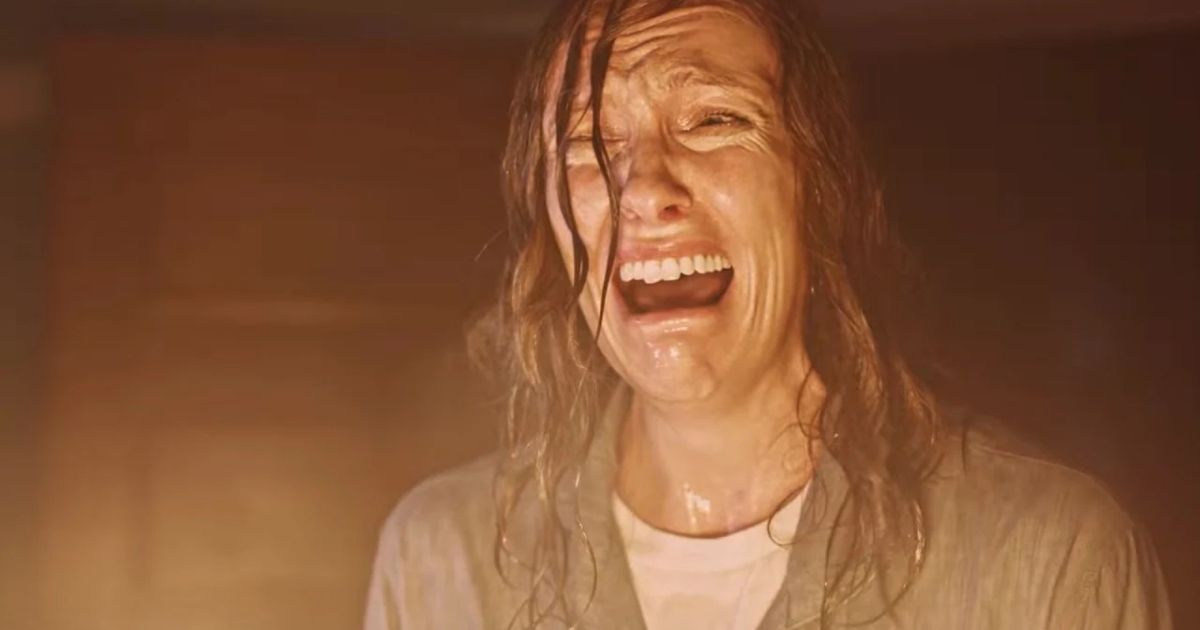Ari Aster's 2018 psychological horror film, Hereditary, is undeniably one of the best of its genre. The film follows the Graham family and begins with their different ways of coping with the loss of Ellen Leigh (played by Kathleen Chalfant), the protagonist's distant mother and the two Graham children's grandmother. Following the death of Ellen, the family faces a series of extremely unfortunate events. Aster takes the opportunity to tap into human emotions, the human mind, supernatural elements, and also, society's perspective on certain arenas, like blind-faiths.
Considered as Aster's feature directorial debut, this particular film brings in a stellar cast with Toni Collette, who takes over the role of the protagonist, Annie Graham, delivering one phenomenal performance that can never be replicated. Even though Collette has been nominated for an Oscar in the year 2000 under Best Supporting Actress for her performance in The Sixth Sense, she has never won one. While Annie should've been the role she should have won an Oscar for, it never happened, even though Collette did receive other awards for this performance. Revisiting this performance reminds the viewers of Collette's outstanding talent as well as the efforts she must have put into this role.
An Emotionally and Physically Taxing Character
Annie Graham is a challenging character that not everyone could take on. In fact, if the right actor was not cast for this role, the whole film might not have garnered the success it has throughout the years. Collette does a perfect job in capturing the different nuances of Annie's role. From a daughter with an estranged mother who is guilty of not being "sad" enough over her death, to a mother who loses her child and a wife who loses her husband, Annie's character goes through so many disastrous and painful events that the viewers might find it hard to grapple over what is happening to Annie. As Zacharek perfectly points out, the film heavily focuses on the "portrayal of a woman whose love for her family spirals into mad decay".
At first, Annie finds it difficult to make peace with her mother, in turn, suggesting her troubled relationship with her. As the story progresses, it is revealed that Annie's mother has cast a dark shadow over her and her family. There are two layers to Annie's performance. One is the emotional side and the other is the physical side. Both require so much energy, strong-will and power from the actor that the film is a visual representation of how draining this character must have been. Collette's ability to reflect on the storyline and perfectly embody these pains and trauma is one key reason why she should have received an Oscar for this performance.
Raw Emotions
As Eric Kohn points out, the story of Hereditary "required years of development and grew from emotional wounds that run deep." Kohn goes on to suggest Aster's reluctance in tapping into the "experiences" and "feelings" which inspired Hereditary. This reluctance itself reflects the dark and raw emotions Annie's character displays. During an interview with Vulture, Collette states that the film is a "very honest, natural portrayal about a family experiencing a lot of pain, and how it changes them" and goes on to reflect on how there was "no easy moment in this movie" as it was "just endlessly emotional". From the very beginning of the film, this is made very obvious.
Annie's very little sadness towards her mother's death starts to get expanded throughout the film as she is forced to enhance this sadness given the numerous deaths of her loved ones. While death plays a central role in the film, it is not just Annie's grievances that act as a reaction to the death. The way in which she seemingly blames Peter (Alex Wolff) for Charlie's death as well as the distraught mother-son relationship, her reflection of how she did not want to have Peter and attempts to have a miscarriage, and her attempt at trying to connect with Charlie, this particular character takes completely different emotional routes in trying to cope with the grief.
A Literal Portrayal of Brutal Feelings
The infamous dinner outburst following Charlie's death is one scene which visually represents the feelings of anger, sadness, and disgust that Annie has been harboring towards Peter. When looking at this particular scene closely, it is clear that Collette must have found it difficult to physically portray such feelings since it comes from a mother's place of anger and resentfulness towards her own child. It also reminds the viewers of the dark side of human feelings and how media fails to capture this as the role of the mother is constantly sugar-coated and romanticized.
On the other hand, Collette also physically represents the trauma of losing one's child. The way in which Annie finds out about Charlie's death might seem quite unorthodox, and this is exactly why the pain is so much worse and brutal. The scene where we see her crying in a fetal position illustrates how these feelings are so powerful that one's physical body might find it difficult to comprehend it.
As the film progresses, Annie's spiraling and the way in which she taps into dark forces is yet another visual representation of a mother's inability to accept the truth. In fact, viewers who have gone through the pain of losing somebody might be able to connect to Annie's attempts at trying supernatural rituals. Interestingly, Aster does not portray it as an absurd choice. He seems to use the visuality of Annie's feelings to justify her choices to a certain extent. Collette's ability to take up the challenge of visually representing the internal feelings is why Annie's character comes off as relatable.
Breaking of Tropes
Finally, Annie is one character that steps away from the romanticization of feminine rage. Rather than portraying a weeping daughter and a weeping mother, Annie captures the reality of a woman's rage towards loss and grief. The way in which Collette shifts her facial expressions, uses her body movements to illustrate how angry Annie is, and the capturing of Annie's rollercoaster of emotions is a real portrayal of what feminine rage is. It is painfully beautiful and allows the viewers to connect to Annie's pains and traumas.

